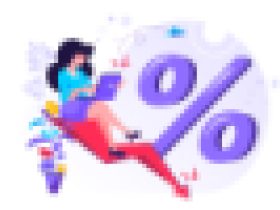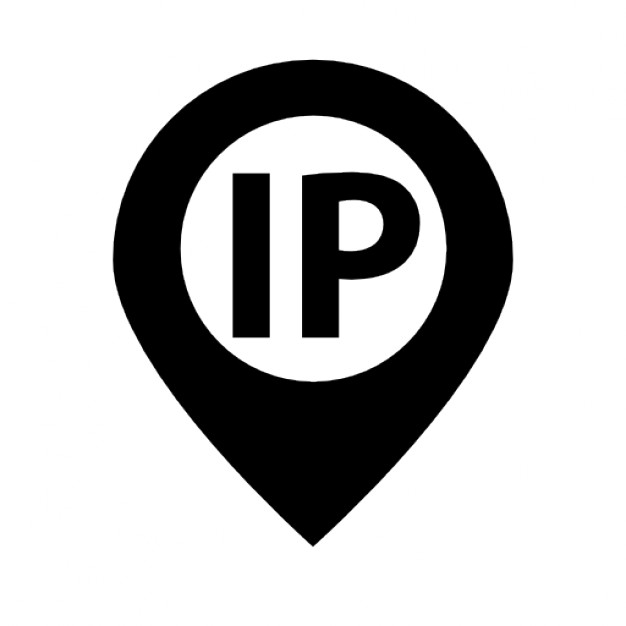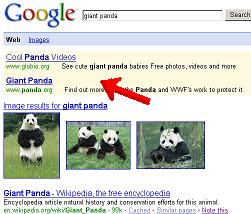Pay Per Click
Pay per click (PPC) can be defined in the simplest form as an advertising concept where you pay only if a person clicks on your advertisement. If a person does not click, your advertisement still stays on all websites and you do not pay a penny. Doesn’t it sound good? Yup, and that’s the reason for all this hype!
However, PPC has a lot more into it. Various advertising companies hold large networks and superior tools and features to make the advertiser get the most out of it.
History of PPC
Jeffrey Brewer from Goto.com, a startup company in 1998, presented a PPC search engine proof-of-concept to TED8 (Technology, Entertainment and Design) conference in California. It should be noted that Goto.com later became Overture and was taken up by Yahoo recently. However, the credit is normally acclaimed by Bill Gross the founder of Goto.com and Idea Labs
PPC Companies
Some of the leading giants in ad space include Google Adsense, Yahoo! Publisher Network and Microsoft adCenter. There are a whole lot of smaller players who are performing impressively. Some of them include:
o Ask
o Looksmart
o Yandex
o Baidu
o Miva
o Enhance Interactive
o 7 Search
o Go Click
o Search 123
o ABC Search
o Searchfeed
How Much Do I Pay per Click?
Well, depending on the keyword and the search engine, minimum prices per click may start as low as US $0.01 and can even go more than US $100.00 depending on the advertiser [If you wish to advertise your product and you are ready to pay US $100 for a single click, then obviously the PPC would be around US $ 100]. These prices for a keyword are relatively called Cost Per Click (CPC). Highly targeted keywords like real estate, home loans, bad credit loans would cost higher.
Categories in PPC
Since most of the PPC programs are run by search engines, these programs fall into two categories.
1. Search Advertisement
2. Onsite Advertisement
Advertisers search for the high targeted keywords using various online tools, software and tricks provided either by free online tools or customized Paid Packages. These keywords are kept confidential and organizations get the consultation of search companies who specialize on keyword research.
Search Advertisement
These are advertisements that appear when you search for a particular keyword. The image below shows how a search for “Giant Panda” in Google returns two “Search Advertisements” on top of the search results. These advertisements appear according to the keywords searched on the search box.
The advertiser is asked by the PPC agency to provide a set of related keywords for which the ad should appear. Based on this, the PPC program runs displaying the ad only in relevant results. This obviously increases the Click-thru-rate (CTR) and the publicity.
Onsite Advertisement
The advertisements that appear on a third party website are called Onsite Advertisement. These work similar to Search advertising however, they are not displayed on a search engine rather a third party website which has affiliation to these PPC Ad agencies.













